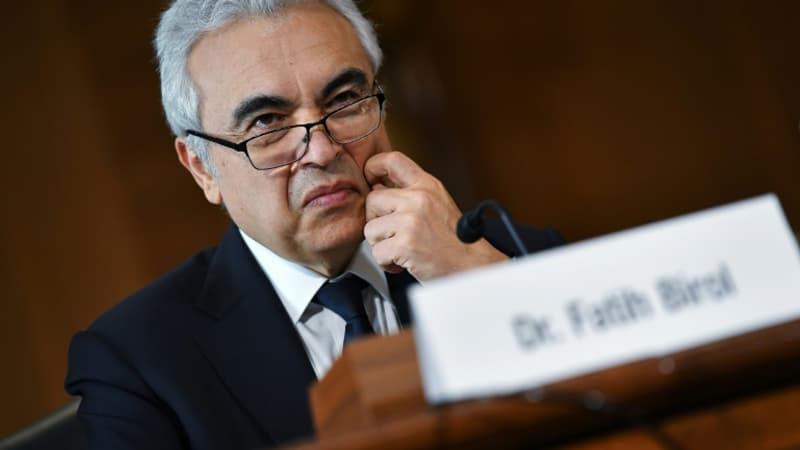About fifteen ministers will meet in Paris on Thursday and Friday for an international conference, under the auspices of the French Government and the OECD, with a view to accelerating the return of nuclear energy and encouraging international institutions to finance it. Officials and nuclear industrialists are expected from Japan, Canada, the United States, the United Kingdom and the European Union: Bulgaria, Czech Republic, Poland, Romania, Sweden…
Objective: “to define roadmaps to relaunch nuclear energy worldwide and thus contribute to achieving carbon neutrality objectives while strengthening energy security,” explains the French Minister of Energy Transition, Agnès Pannier-Runacher, co-organizer with the OECD Nuclear Energy Agency. Before being an industrial alliance, it is above all “a political alliance,” her office explains.
A ministerial declaration is expected to underline the “indispensable” nature, according to its signatories, of the nuclear “tool” in the energy transition, along with renewable energies, efficiency and energy savings. The appeal aims to “encourage multilateral development banks, international financial institutions and regional organizations, for example the EU, to finance nuclear energy,” the cabinet adds.
“Expand to countries that consider nuclear energy as a decarbonization tool”
The French minister will also meet with her Italian counterpart on Thursday morning, at a time when Italy, after abandoning nuclear energy after the Chernobyl accident (1986), could reconsider this option. France, the most nuclearized country in the world per capita (56 reactors for 68 million inhabitants), has established itself in recent months as the European spearhead of the relaunch of the atom, at the head of an “alliance of the European nuclear industry” aimed to defend the place of nuclear energy in the difficult negotiations on the reform of the EU electricity market. This “created a blocking minority,” greets Paris. By bringing together Eastern European countries in particular, “this alliance also wants to build industrial cooperation to end the dependence” of some on Russia.
With the meeting at the OECD, Paris wants to “expand” the initiative to “countries that consider nuclear energy as a decarbonization tool.” According to the International Energy Agency (IEA), another OECD agency, it would be necessary to more than double nuclear capacities in the world between now and 2050 to achieve carbon neutrality objectives, combining the expansion of existing reactors, those of new generation but also the small modular ones. reactors (SMR), currently under design. But reactivating the atom, which fell out of favor after the disaster at the Japanese Fukushima power plant (2011), involves numerous challenges: creating training courses, a supply chain, finding adequate financing for these long and expensive investments.
“The ball is in the court” of industrialists for the IEA
The IEA believes that “nuclear energy is an integral part of what our energy mix should be.” “We are witnessing a return of nuclear energy in the world,” IEA director Fatih Birol told reporters on September 18, citing Japan, Canada, Finland, Sweden, China and the United States. In 2022, 7.9 GW of nuclear capacity was commissioned, which represents a 40% increase in new installations compared to 2021. However, most of the construction starts in recent years have come from China, for its domestic market, and Russia, for several countries. .
From the IEA’s point of view, the resumption of nuclear activity “will continue.” But on condition that manufacturers deliver the works “on time and within costs”, while delays and budgetary deviations weigh on projects such as Flamanville in France or Hinkley Point in the United Kingdom. “The ball is in your court,” said the head of the IEA to the actors in the sector. The “nuclear alliance” is intended to be a place of coordination.
Source: BFM TV


